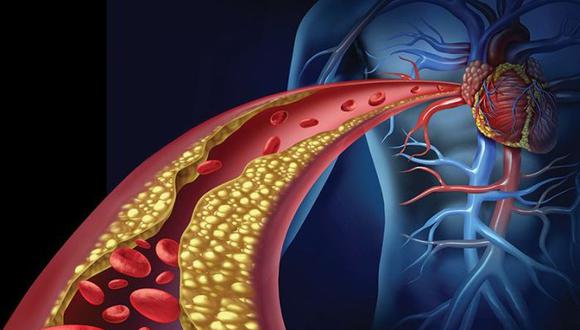“We’ve shown in this research that we need CMA to protect against atherosclerosis, which becomes severe and progresses when CMA declines — something that also happens when people get older,” said Dr. Cuervo, professor of developmental and molecular biology and of medicine, the Robert and Renée Belfer Chair for the Study of Neurodegenerative Diseases, and co-director of the Institute for Aging Research at Einstein.
The researchers did so by boosting chaperone-mediated autophagy (CMA), a cellular housekeeping process that Dr. Cuervo discovered in 1993 and named in 2000.
“But equally important, we’ve proven that increasing CMA activity can be an effective strategy for curbing atherosclerosis and halting its progression.”
CMA keeps cells functioning normally by selectively degrading the many proteins that cells contain.
In CMA, specialized “chaperone” proteins bind to proteins in the cytoplasm and guide them to enzyme-filled cellular structures called lysosomes to be digested and recycled.
Dr. Cuervo has deciphered many of the molecular players involved in CMA and shown that CMA, through its timely degradation of key proteins, regulates numerous intracellular processes including glucose and lipid metabolism, circadian rhythms and DNA repair.
She also found that disrupted CMA allows damaged proteins to accumulate to toxic levels, contributing to aging and — when the toxic buildup occurs in nerve cells — to neurodegenerative diseases including Parkinson’s, Alzheimer’s, and Huntington’s disease.
pll/rgh/joe










